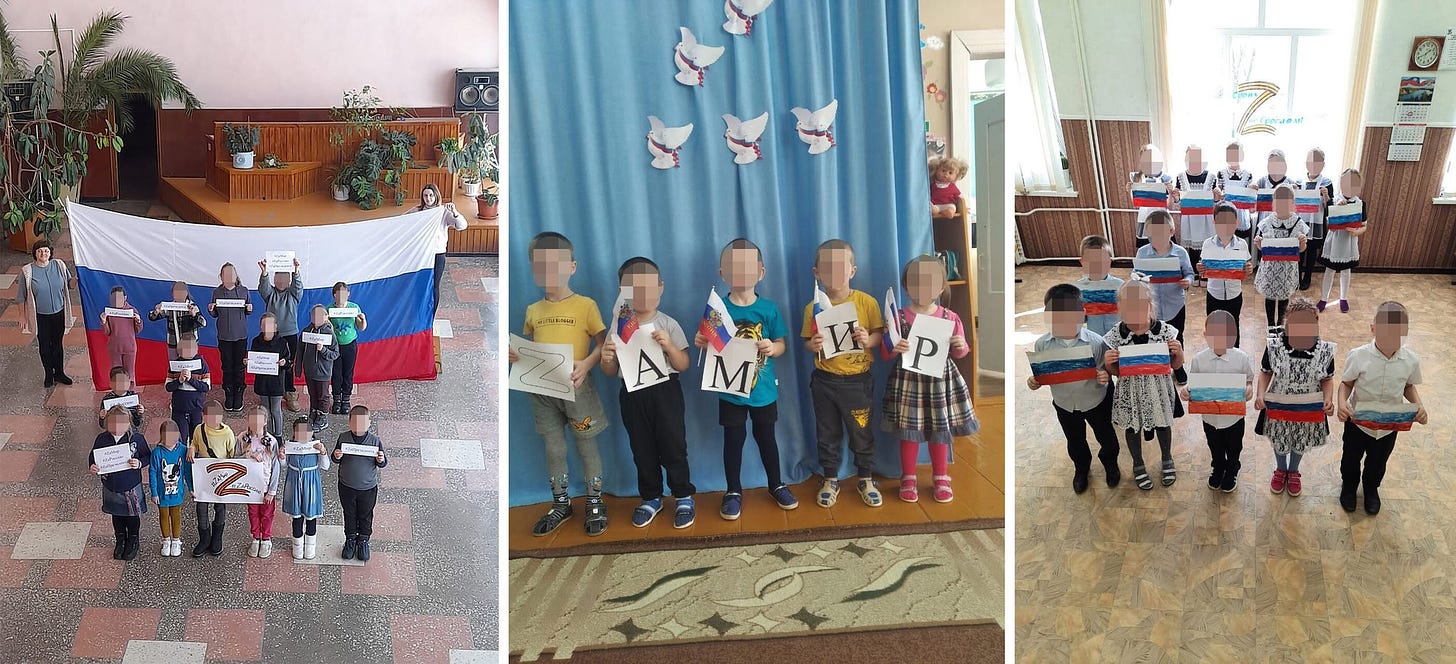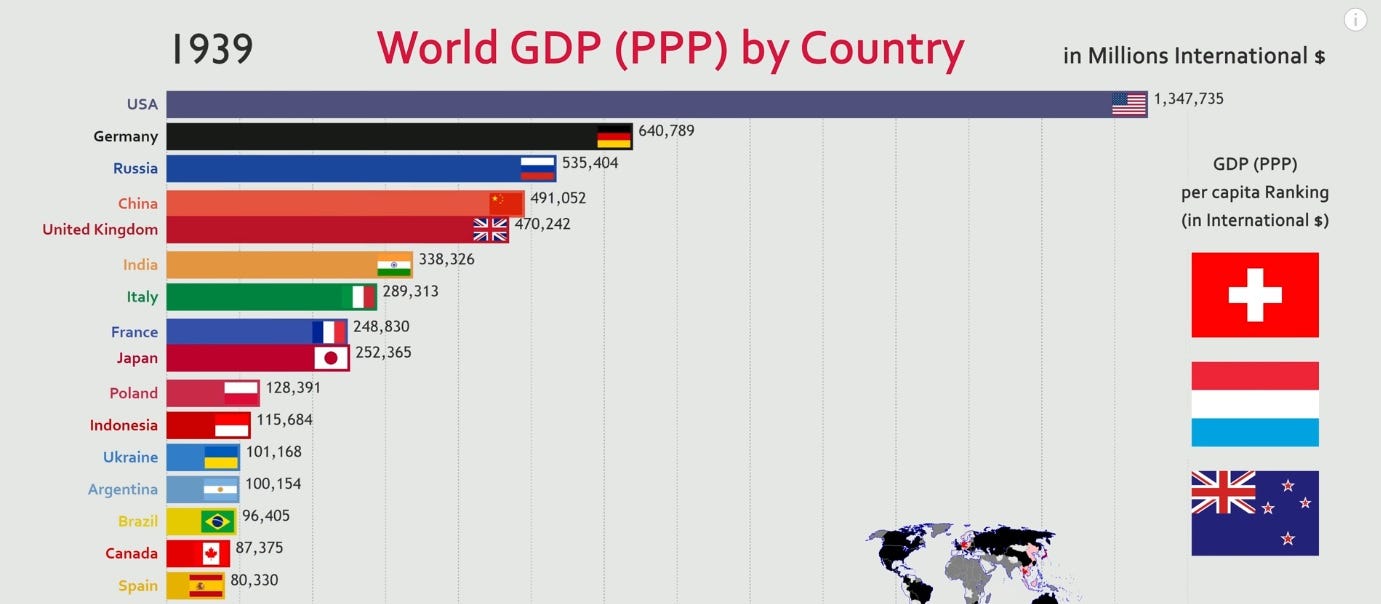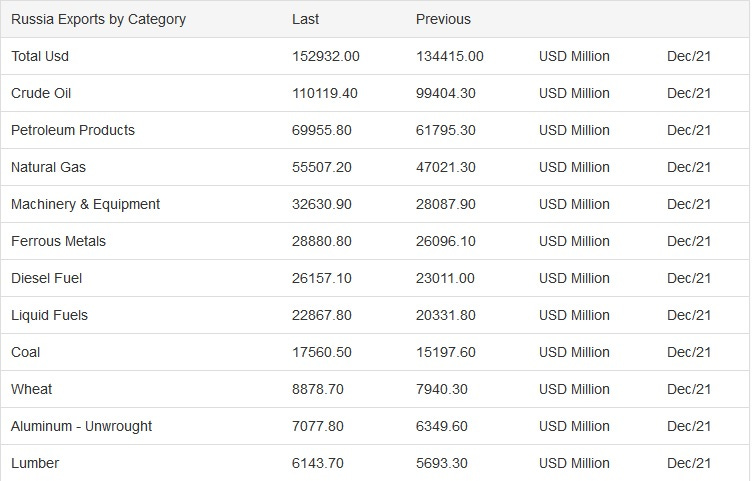While the world has rightly focussed on the war crimes committed by Russian forces in the suburbs of Kiev in recent days, the question of why this is happening remains tragically unanswered. Since Putin’s forces invaded Ukraine on Feb 24, a set of comfort blanket narratives has emerged in the West to help a confused and disorientated body politic make sense of the war. Chief among them is the idea that Putin is Hitler, that is to say a(n otherwise rational) genocidal expansionist.
These are persuasive stories that offer Westerners with little understanding of Russia an easy explanation for what is happening. But no matter how well they map well onto our existing view of the world, they aren’t true.
To compare Putin to Hitler is to massively overestimate his skillset, genuine public support, ideological fervour and military, economic and technological capabilities.
Unlike Putin who was put into power as a result of palace intrigue, Adolf Hitler’s party was elected by the people of Germany who were enticed by his demented visions for the future. Over the subsequent 6 years, he had led his nation into a series of triumphant and domestically popular foreign conquests in Austria, the Sudetenland, the rest of Czechoslovakia and Poland, expanding his territory and resources.
Despite the rightful disgust we today feel towards Nazi Germany, it was one of the most economically, technologically and culturally advanced countries in the world as proved by the fact that it was able to sustain a brutal war against three (!) of the world’s superpowers (USSR, the British Empire and the United States) at the same time.
Through his all-powerful propaganda machine and fiery ideological rhetoric, Hitler moulded and motivated millions of Germans to commit unspeakable horrors and sacrifice themselves for his evil cause. If you’re interested in finding out how he managed to do this, watch our interview with Professor Stephen Hicks:
Contrast this with Russia under Putin. Despite being in power for 23 years, President Putin has no obvious ideology. Unlike China, where Xi Thought is a clear play to establish the leader’s historical mission, the Kremlin has made little attempt to unite the country around a philosophical framework of any kind.
It’s true that in recent weeks, Russian teachers have been forced to wear the Z pin in class, conduct regular “lessons” about the “special military operation” based on Government “guidelines” and even line their pupils up for pro-war photo-ops. But none of this is aimed at building lasting commitment to some kind of vision beyond winning the war.
Putin’s popularity is based not on people’s agreement with a vision but on the stability and economic prosperity he has delivered for the Russian people. How did he do this? Did he build Russia into an economic superpower? A hub of innovation? A country with a well-drilled and motivated army?
Even before the war, Russia had a weaker economy than South Korea, a country with a third of its population which is 171 times geographically smaller than Russia. By contrast, at the outbreak of WWII in 1939, the German economy was second only to the United States and was home to some of the leading scientific and technological research in the world.
Despite inheriting some of the brightest and sharpest scientific minds in the world from the Soviet Union, Russia is not only not a hub of innovation and scientific progress, its economy is almost entirely reliant on exports of raw materials. Russia is not a country that makes things, it cuts things down and digs them out of the ground:
According to estimates, during the Putin presidency the country generated over 2 trillion petrodollars. Having dealt with the problem of corrupt oligarchs trousering this cash by redirecting it into the pockets of his own crew, Putin was then able to share some of this wealth with the people of Russia whose lives improved beyond the wildest expectations of those of us who lived through the chaos of the 1990s. His regime rests on this continued prosperity which is unlikely to last under current and future sanctions.
The only thing other than oil, gas and other raw materials Russia has exported since the collapse of the USSR is brains. By 2002, the situation was becoming critical and it has only got worse since.
Many Western scientists, entrepreneurs and tech geniuses like Google co-founder Sergey Brin are first and second generation immigrants from the former Soviet Union. Instead of stemming the tidal wave of emigration we saw in late Soviet times and 1990s Russia, Putin’s domestic authoritarianism and foreign escapades have prompted more and more people to leave. Speaking to friends and family in Armenia, a country where skilled Russians are seeking refuge, the number of flights from Moscow has increased exponentially and renting an apartment in the capital, Yerevan, is currently nigh on impossible.
As for the military, we have seen the failure of Putin’s blitzkrieg in Ukraine. While Hitler inherited the crème de la crème of the German military tradition like Erwin Rommel, Heinz Guderian and Erich von Manstein, the Russian army is led by people who specialise in selling off army rations leaving their soldiers scrounging for food from abandoned Ukrainian supermarkets.
Not unusually for Russian military leaders, their main expertise appears to be brutalising their own soldiers in order to “motivate” them to fight in the absence of a coherent, believable ideology.
Having realised all of this, Russian military commanders are now using the sideshow of negotiations to withdraw their forces from central and northern Ukraine in order to focus their efforts on the so-called “breakaway regions”. With Operation Save Face firmly underway, it is time we stopped flattering Putin by comparing him to Hitler.







An excellent article for those who know very little on Russia and Putin
That's a very good and much needed article Konstantin. It is a real problem, dealing with false beliefs when you get clarity about the mess that things have become.